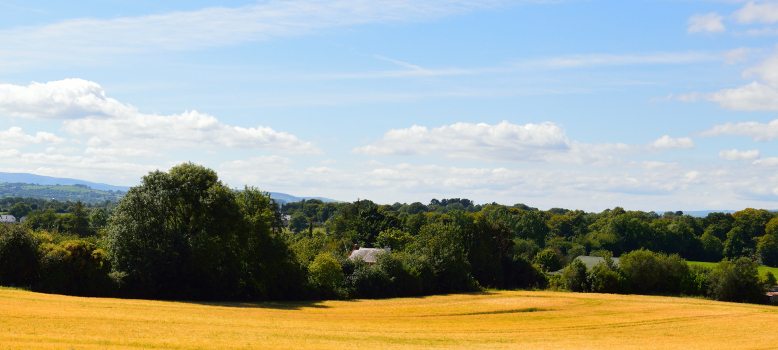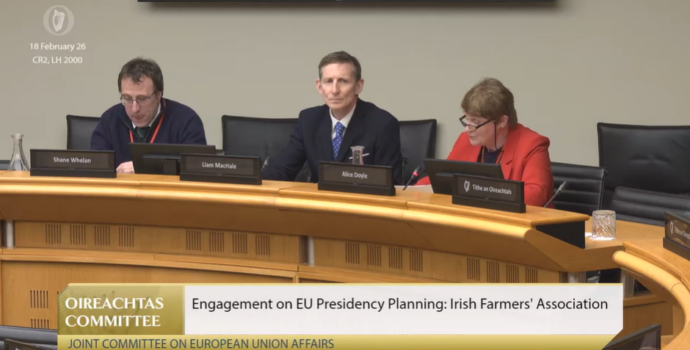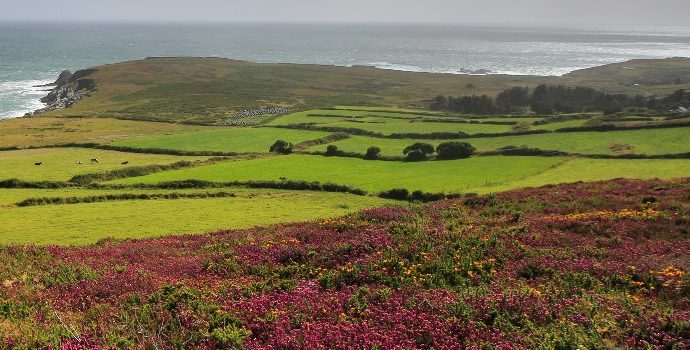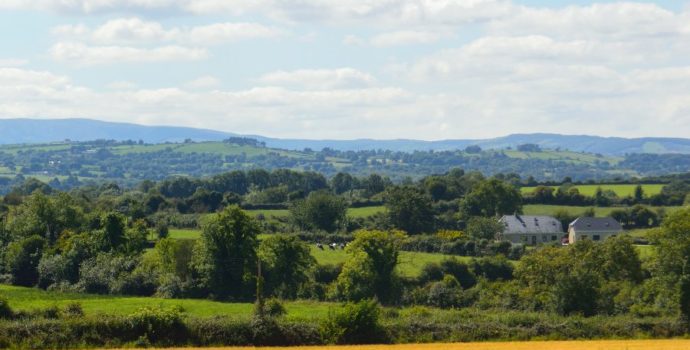Importance of Direct Payments to Irish Rural Economy Cannot Be Overstated

Addressing the Joint Oireachtas Committee for Agriculture on farm schemes today, IFA Deputy President Brian Rushe said direct payments are critical to the survival of farm families and the rural economy.
“The role direct payments play when it comes to farm incomes and the survival of farm families around the country is pivotal, with the rural economy also being hugely dependent on these payments,” Brian Rushe said.
Analysis of the Teagasc National Farm Survey for the last three years show that on average 74% of farm income comes from Direct Payments, while Direct Payments make up between 118%, 124% and 159% of Cattle Finishing; Sheep and Suckler Beef farmers’ total income respectively.
The IFA Deputy President also highlighted how direct payments are being cut year on year, but the list of demands on Irish farmers is growing to meet targets set when it comes to the environment and sustainability.
“The complexity; administration and degree of conditionality associated with receipt of Direct Payments has increased significantly in recent years, none more so than the new Common Agricultural Policy Programme, spanning 2023 – 2027, where, without any increased funding, farmers are being charged with achieving an ever-expanding list of objectives, and food security of lesser priority,” he said.
Also addressing the Joint Oireachtas Committee, IFA National Rural Development Chair Michael Biggins said that while payments such as the Agri-Climate Rural Environment Scheme (ACRES) and Targeted Agricultural Modernisation Scheme (TAMS) are important to farmers, issues with these schemes still persist and must be addressed.
“The Minister for Agriculture allocated funding for only 30,000 places under Tranche 1 of ACRES, with a maximum number of places on the scheme set at 50,000 over at least two tranches. There is expected to be 60,000 applications based off previously subscribed schemes and expressed interest,” Michael Biggins said.
“One of the biggest issues with this scheme is the real possibility that farmers won’t gain access in year one. There is no rollover of GLAS or REAP confirmed. If there is a lag between GLAS/REAP and ACRES due to the tranche-based approach and limited places, farmers will be left out of an agri-environment scheme for a year, causing a gap year in payments,” he added.
“While TAMS has been a success in recent years, as we look ahead to TAMS III, issues still remain. TAMS reference costs continue to cause problems as they are completely out of sync with the rising costs of materials due to the unprecedented rise in inflation,” the IFA National Rural Development Chair highlighted.
“With higher grant rates proposed across numerous investments in the next CAP, it is imperative that reference costs are updated accordingly to ensure that farmers receive the full benefit of grant aid,” he said.
Currently, solar panels are funded through TAMS. IFA believe that this is not the appropriate funding source. Funding should be provided through a separate fund from the Department of Climate, Environment and Communications. The next iteration of TAMS from 2023 has a limited budget which is already under pressure.
“Farmers are under increased pressure to meet targets around climate change, all of which have economic knock-ons on farm family incomes. Direct payments and schemes are hugely important to those targets being achievable, but the Minister and his Department must move to address the issues that remain in the system to ensure that farmers are allowed play their role, while also remaining economically viable,” Michael Biggins concluded.




